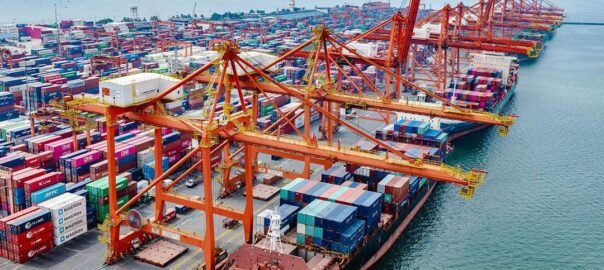Zomato is reshuffling its leadership after facing several challenges over market share in recent times.
Rakesh Ranjan, CEO of food delivery at Eternal which is the parent company of Zomato has stepped down from his role. There is ongoing internal restructuring going on in Zomato. Founder and CEO Deepinder Goyal will oversee the food delivery segment until a new leader is appointed, reported Economic Times.
Zomato Leadership Reshuffle
Rakesh Ranjan, was appointed CEO of Zomato’s food delivery division in May 2023. After leaving the current role he will remain with the company and handle different segments. According to a media report the reshuffle is part of a broader internal reorganization.
“There’s an internal reshuffle underway, and as part of that, Ranjan is stepping down from his position as food delivery CEO. Deepinder (Goyal) will be overseeing the vertical until a permanent replacement is finalized,” one source told ET.
The company is finding candidates for the role internally as well as externally and new appointments expected in the coming months.
Competition From Zepto & Swiggy
Zomato is facing increased competition in the food delivery segment, from its largest rival, Swiggy, which has been gaining market share. As of the October–December quarter, Swiggy had 43% of the market, which is higher than 42% in the previous quarter. As more players are entering the 10 minute delivery app, Zomato may lose its market share further.
Zomato has started a quick delivery app Blinkit. However, their restaurant partners questioned operational feasibility and profitability.
Zomato’s Market Share
The leadership changes are done after a slowdown in the food delivery industry. Despite the festival season of October–December quarter, which is a high consumption period, Zomato’s growth was very less. Gross Order Value (GOV) for the quarter rose by only 2% to Rs 9,913 crore, with a 17% year-on-year increase.
Goyal acknowledged challenges in the food delivery sector in an interview with ET. “Food delivery has multiple systemic issues that need to be solved. Once we solve those, the interests of Zomato, restaurants, and customers will align toward growth. I’m hoping that we can launch some of these solutions in the next three months,” he said.
Author Credits- Anirudha Yerunkar, India.com










